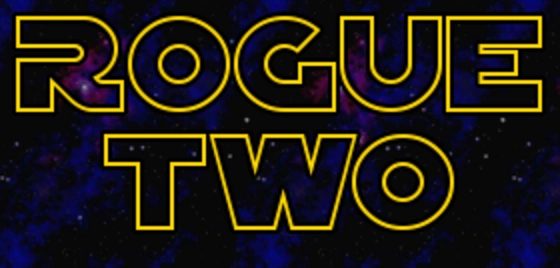 I watched Rogue One for the second time this past weekend. I do enjoy Star Wars movies like the rest of you, but I only went a second time because my son was invited by his friend to watch it again.
I watched Rogue One for the second time this past weekend. I do enjoy Star Wars movies like the rest of you, but I only went a second time because my son was invited by his friend to watch it again.
It’s funny how watching a new movie a second time allows you to see things differently, catch things you did not notice the first time, and generally appreciate scenes from a different vantage point.
One of my observations about Rogue One was the seemingly unending series of obstacles that continued to pop up while Jyn and Cassian tried valiantly to complete their mission.
I suppose this is typical for action/adventure movies. There just seemed to be a higher number than usual. In fact, it made me think about the proliferation of obstacles that we encounter as Founder & CEOs.
You know what I mean, right?
- Your CTO decides to move to San Jose.
- A few large clients get spooked by an article in TechCrunch and decide to go elsewhere, blowing a gaping hole in your Monthly Recurring Revenue.
- Your website gets hacked.
- Your company credit card is shut down due to fraud.
- etc.
Rather than being the Founder & CEO, you often assume the role as Chief Obstacle Remover.
But, are they really obstacles? Or, are they opportunities to celebrate?
You don’t see Jyn and Cassian stopping to celebrate each victory over another obstacle in Rogue One. That’s probably unrealistic.
That doesn’t mean you can’t take the time to do so. If your startup is still in business, then I have no doubt you have plenty of obstacles to celebrate.
Celebrating the victories over even the smallest of obstacles helps knit your team together in ways that many other activities can not. You just need to be purposeful and intentional about it.
It requires “team reflection.” And, team reflection is just as important as the individual CEO reflection that ought to be part of your learning rhythm.
A great article on the impact of reflection on performance is: “Learning By Thinking: How Reflection Improves Performance.”
In this piece the authors “argue that learning from direct experience can be more effective if coupled with reflection—that is, the intentional attempt to synthesize, abstract, and articulate the key lessons taught by experience.”
The same applies to your team, too.
When you celebrate these small victories, it helps the team slow down, process, and reflect on what went right…something we rarely do. We’re conditioned to react to what went wrong.
My recommendation is, take the time twice a month to celebrate the overcoming of obstacles and have your team members share their stories.
You are likely to find out what is “working right,” rather than what is not working.
This not only brings the team closer together, but also focuses on one of the most over-looked insights to fast-growth team success.
Rogue One was great. “Rogue Two” was even better because I appreciated the obstacles they overcame even more. Do the same for your startup and watch your people thrive.
What works for your team?


